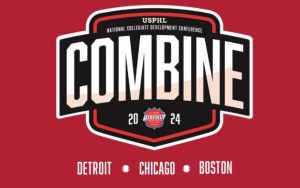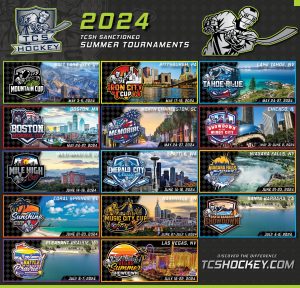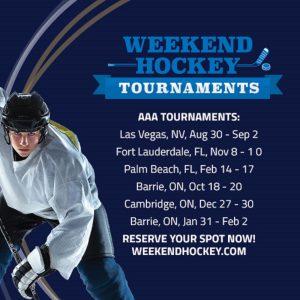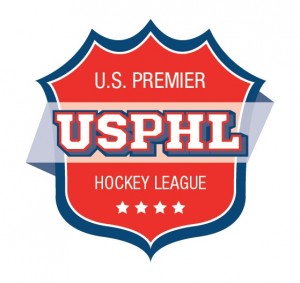CAHA endorses time off the ice to explore other sports

Every few weeks, USA Hockey sends out an email newsletter to coaches, hockey directors and others involved in youth hockey across the country offering news and insights helpful to those who oversee the development of young players.
A recent topic was the importance of using the summer months to get away from hockey and enjoy other sports, and while the concept may seem counterintuitive to those focused on spending as much time as possible improving, the California Amateur Hockey Association (CAHA) strongly endorses the idea.
Chris Hathaway, a member of the CAHA board, president of the Cupertino-based California Cougars and co-founder of the Golden State Elite Tier I program, emphasized that time away from hockey can be beneficial to player development, especially for younger players not quite ready to begin specializing in one athletic endeavor.
“We talked about it at one of our recent CAHA board meetings, and looked at the statistics that show how playing multiple sports helps develop hockey players and how it’s advantageous compared to playing year-round hockey,” Hathaway said. “Even though we’re a hockey board, we realize that it’s important for kids to be getting that cross-training, and we want kids to know they should be playing multiple sports.”
In a video within USA Hockey’s most recent e-newsletter, women’s U.S. Olympian and three-time silver medalist Julie Chu noted that she played soccer, basketball and other sports as a kid, and takes 2-3 months off from serious hockey development every summer.
“If you get a chance, definitely play other sports,” Chu said. “You get a chance to develop your skills in other ways and meet new people. We want great athletes that can play different positions and in different situations, and I think playing other sports gets you there.”
Hathaway cited intensive research undertaken by USA Hockey and other organizations that helped create the American Development Model (ADM). While the ADM covers all aspects of hockey development, in regards to specialization, its recommendations are clear.
In its online manual focusing on long-term athlete development, USA Hockey cites the Journal of American Academy of Pediatrics in stating that “Young athletes who participate in a variety of sports have fewer injuries and play sports longer than those who specialize before puberty. Well-rounded, multi-sport athletes have the highest potential to achieve.”
Hathaway noted the contradiction in those who make a living in youth hockey suggesting that players spend less time on the ice. He said it’s often difficult for coaches to take a step back and realize that young players can benefit from time away to pursue other passions. Ultimately, he said, it’s up to the adults to understand what’s best for players’ long-term development.
“From a rink operator’s standpoint, there’s a sense that if you don’t do spring and summer programs, you lose the kids,” Hathaway said. “But we try to keep it to clinics during the week and encourage kids to go play other sports. If you want to be an all-around great hockey player, there are advantages to playing other sports.”
Hathaway cited research that shows that baseball improves hand-eye coordination for hockey players. Soccer can improve footwork, and lacrosse features a lot of the same movements as hockey and can help hockey players improve their awareness of how plays develop around them.
And then there’s the burnout issue. Getting off the ice for a few months can provide a mental break for hockey players and let them re-charge before the next season.
“The research we’ve looked at as a board shows that once an athlete reaches 15 or 16 years old, it may be more advantageous to specialize in one sport,” Hathaway said. “But the science showed that it’s not advantageous to do so at earlier ages. That shows that there’s no proven benefit to playing hockey year-round until you reach that age. We really want parents to know that.”
– Greg Ball









